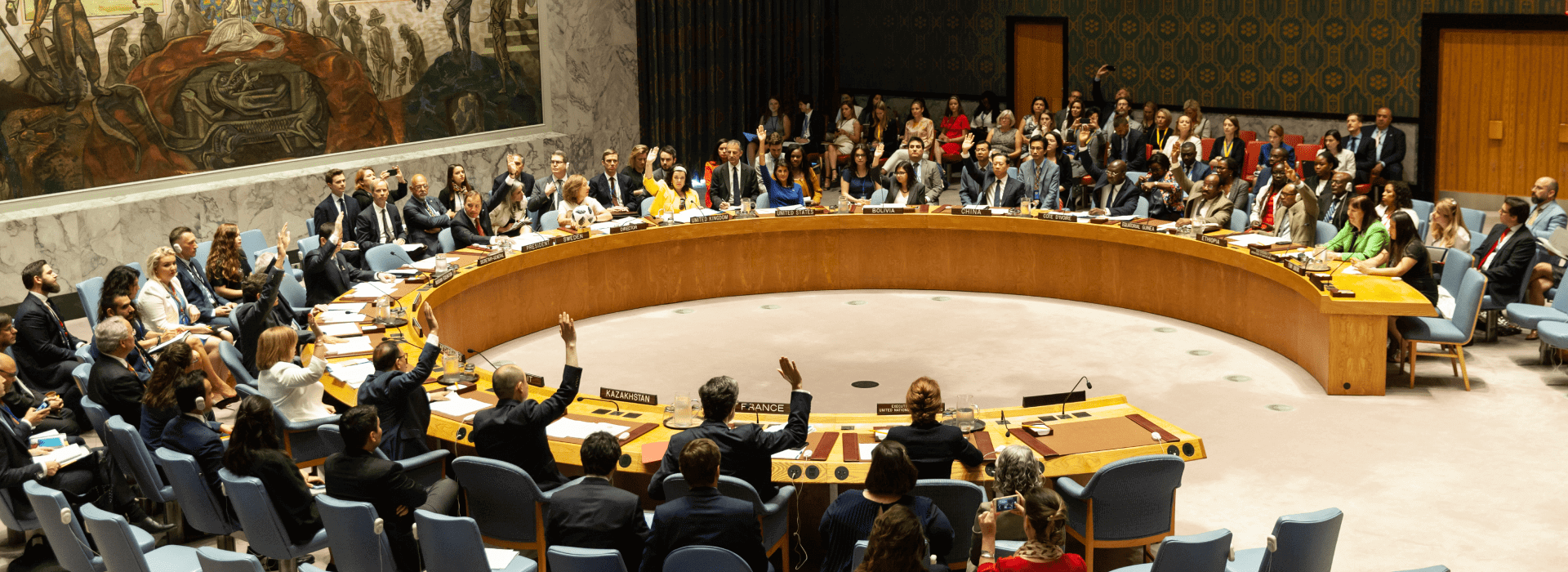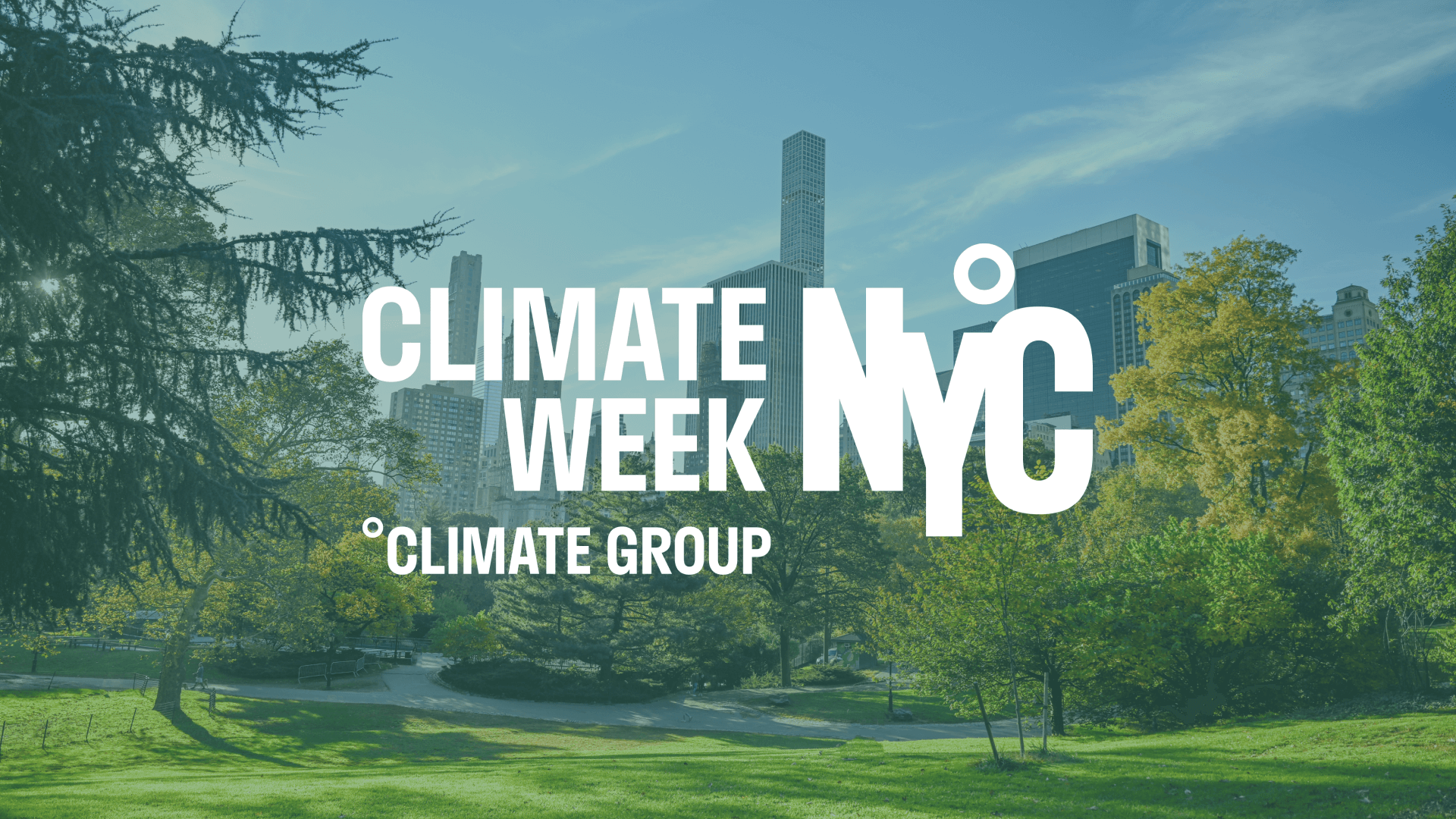
Decisive, critical, whatever you want to call it, the science is clearer than ever that urgent climate action is needed.
The Global Stocktake (GST) – the central ambition mechanism of the Paris Agreement – will kick off at COP26 and run through 2023. The GST mandates that we learn from the past, reviewing our collective efforts toward climate action every five years (see Decision 19). For the GST to be most effective, civil society needs to engage with its process and design now.
A golden thread of climate action
Finance is a critical enabler, a golden thread of climate action and therefore a key part of the GST. The ‘finance’ themes of the GST refer to both means of implementation and support – including technology transfer, capacity building and financial support – as well as the third long term goal of the Paris agreement: to make finance flows consistent with a pathway toward low-emission, climate resilient development. Climate-aligned finance is necessary to fund the deep transitions that will be required across all sectors of the economy, from renewables integration to resilient infrastructure upgrades, to the transition to climate-smart agriculture.
Simply put, without finance we cannot achieve the mitigation and adaptation goals of the Paris Agreement.
COP26 will need to resolve outstanding process points for the coming two years of the GST. We know the stocktake kicks off with an information gathering and then technical phase, followed up by a political phase. However, we don’t yet know how civil society can best offer input toward the GST. It is also uncertain what questions the United Nations Framework Convention on Climate Change (UNFCCC) subsidiary body chairs – in charge of developing ‘guiding questions’ to frame the stocktake – will pose to the stocktake.
It is imperative that civil society engages now with these issues. Do the current guiding questions really serve to fulfil the GST’s potential as a pacemaker, enhancing accountability and climate ambition? How can the finance themes influence a new climate finance goal (to be agreed upon in 2024) taking into consideration the balance between adaptation and mitigation and the priorities of developing countries?
Why civil society is needed now
There are two core reasons for civil society to engage now to support a successful stocktake within the finance themes of the GST:
- An active civil society can build convergence around tricky finance topics – civil society can directly influence the GST process through concrete inputs (however the process is ultimately designed), as well as support parallel discussions that advance topics with wide interpretations or topics that do not fit neatly into the UNFCCC discourse. Equity, for example, is one of two overarching principles of the stocktake. Yet, what success looks like when it comes to equitable access to climate finance and the ability of finance to meet the needs of developing countries could be better articulated. Loss and damage – referring to the economic and non-economic losses due to the adverse effects of climate change – is a crosscutting theme of the GST. The stocktake, at a minimum, will consider loss and damage in its technical dialogues, including those for finance. Civil society should work to overcome the challenges of measuring and monitoring loss and damage in the GST process, and thus advance the topic under the Paris Agreement.
- Civil society can bring together comparable data on finance themes – some key financing topics have the potential for wide reaching adaptation and mitigation impact, but in the absence of UNFCCC definitions and guidance, data reported by Parties to the GST are unlikely to give a sufficient view of collective progress. There is a long history on the ambiguous definition of climate finance that plagues accountability efforts. This ambiguity also plagues the ambition to make finance flows consistent with low-emission, climate resilient development pathways. Civil society can create comparable frameworks – such as those for climate-consistency in finance flows – that takes into account the unique context of a given country. This may ultimately aid measuring progress over time and generate more ambition than waiting for guidance from the official process.
Civil society must lean in if we want the GST to be effective at raising climate ambition. We need to engage collaboratively to address the data gaps and to build convergence on key ideas. If not, we risk splitting our attention among varied paths, instead of focusing all our resources on a single direction toward climate-resilient futures.
To stay updated on the work of the iGST and join the conversation, visit www.independentgst.org

